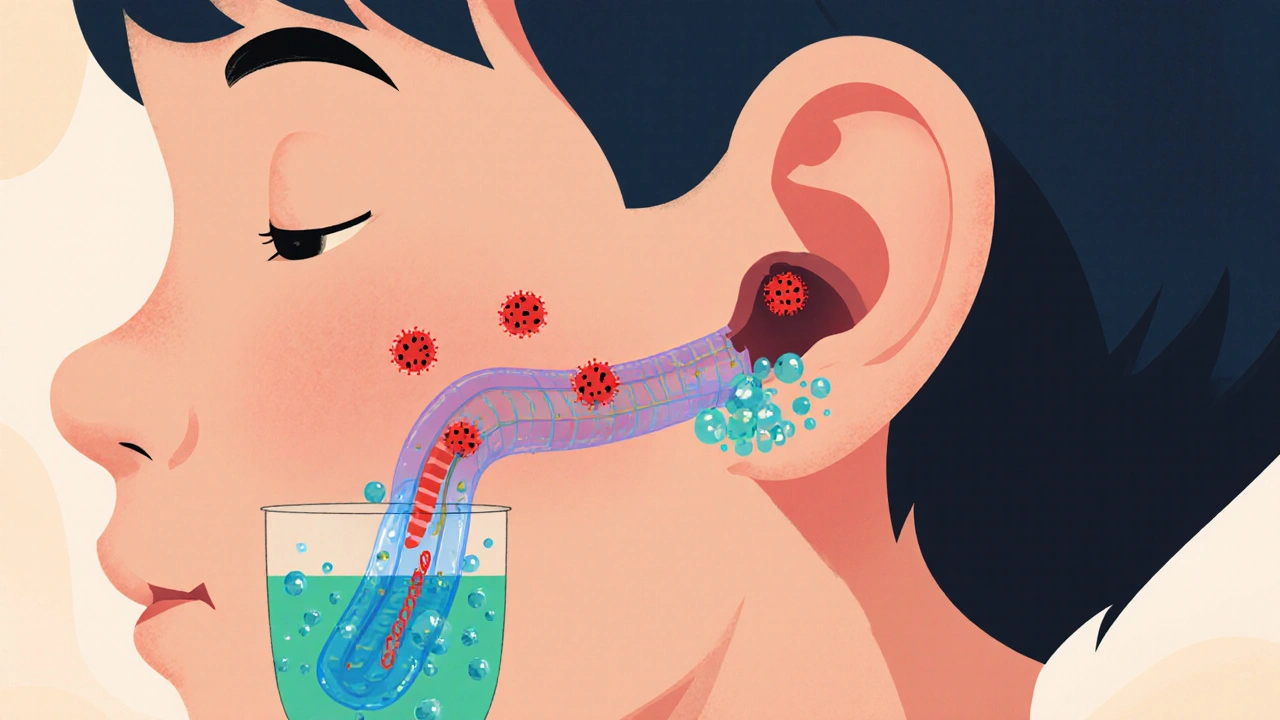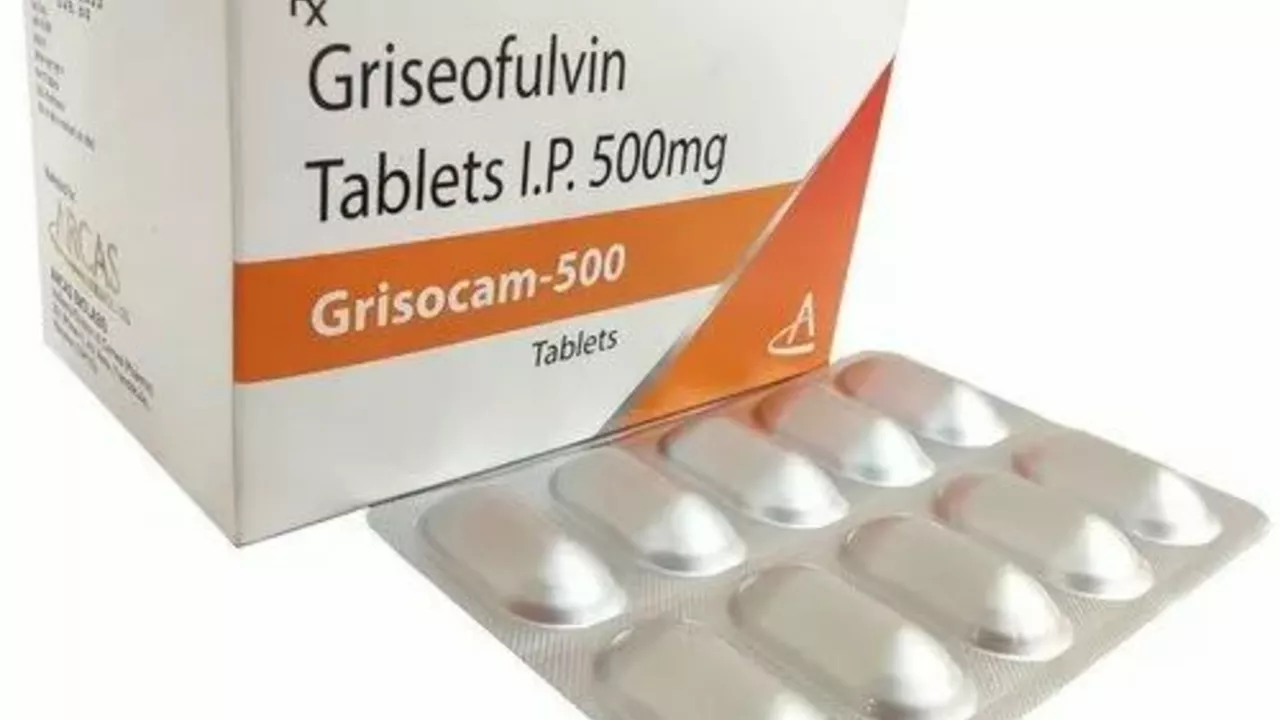Prevention: Simple Steps to Prevent Diabetes Complications and Infections
If you live with diabetes, prevention wins more battles than quick fixes. Small daily choices cut the risk of infections, hospital visits, and long-term complications. Below are clear, practical steps you can use starting today.
Daily habits that matter
Keep blood sugar steady. Check your levels as your doctor recommends and act on patterns—highs and lows both increase infection risk and slow healing. Eat mostly whole foods, spread carbs through the day, and avoid skipping meals if you take insulin.
Move regularly. Thirty minutes of walking most days improves blood flow, helps control glucose, and lowers infection risk. If mobility is limited, sit-and-stand or gentle chair exercises still help.
Foot care is non-negotiable. Inspect feet daily for cuts, blisters, or redness. Wash gently, dry between toes, and moisturize only the top of the foot to avoid fungal overgrowth. Use well-fitting shoes and change socks daily to prevent sores and infections.
Stay hydrated and manage weight sensibly. Dehydration concentrates urine and raises UTI risk. Drinking enough water, along with a balanced diet, supports immune function and healing.
Preventing infections and staying safe with medications
Vaccines matter. Flu shots, COVID boosters, and pneumonia vaccines reduce severe infections. Ask your clinician which vaccines fit your age and health profile.
UTI prevention is practical. Urinate after intercourse, wipe front to back, and avoid irritants like scented soaps down there. If you get frequent UTIs, discuss testing and targeted prevention with your clinician rather than repeated broad antibiotics.
Be careful with over-the-counter and online meds. Use licensed pharmacies and keep a list of your drugs, doses, and allergies. If you buy meds online, confirm the pharmacy requires a prescription and shows contact details, pharmacist info, and secure payment. Counterfeit drugs can make conditions worse.
Talk about polypharmacy. Older adults especially should review medications yearly. Drugs like gabapentin can raise fall risk or need kidney dosing. Ask your provider about alternatives, lower doses, or non-drug options for pain and sleep problems.
Know when to get help. Red, hot, or draining wounds, fast-spreading redness, fever, or sudden glucose spikes deserve prompt medical care. Early treatment prevents hospital stays and complications.
Small changes add up. A daily foot check, steady glucose habits, smart hydration, up-to-date vaccines, safe medication practices, and clear communication with your healthcare team lower risk and keep you moving. Start with one habit this week and build from there—consistent steps prevent costly setbacks down the road.

Ear Infections Linked to Hearing Loss: What You Need to Know
Haig Sandavol Oct 18 14Learn how ear infections can lead to permanent hearing loss, who is at risk, and what treatments help protect your hearing.
More Detail
Osteodystrophy in the Aging Population: Rising Health Concern
Haig Sandavol Oct 13 11Learn why osteodystrophy is a rising health issue for seniors, its key causes, detection methods, and practical steps to protect bone health as the population ages.
More Detail
Griseofulvin Resistance: Causes, Prevention, and Treatment Options
Haig Sandavol Jul 26 18In my latest research, I've delved into the issue of Griseofulvin resistance, a growing concern in the medical field. It arises mainly due to genetic mutations or prolonged exposure to suboptimal doses of the medication. To prevent this, it's crucial to use the drug responsibly, ensuring the full course is taken even if symptoms improve. Currently, alternative treatments like Terbinafine and Itraconazole are being used when resistance occurs. However, medical scientists are tirelessly working on new solutions to combat this issue.
More Detail